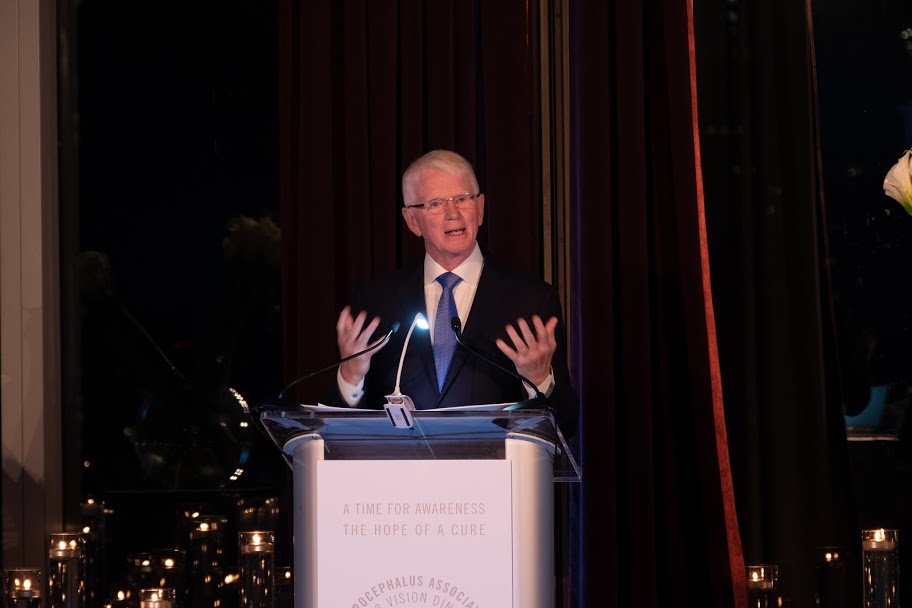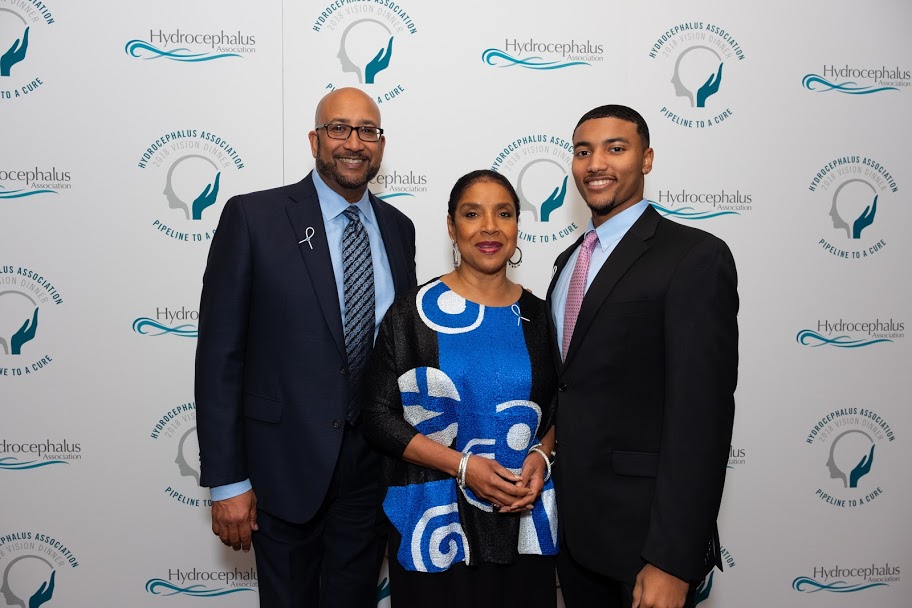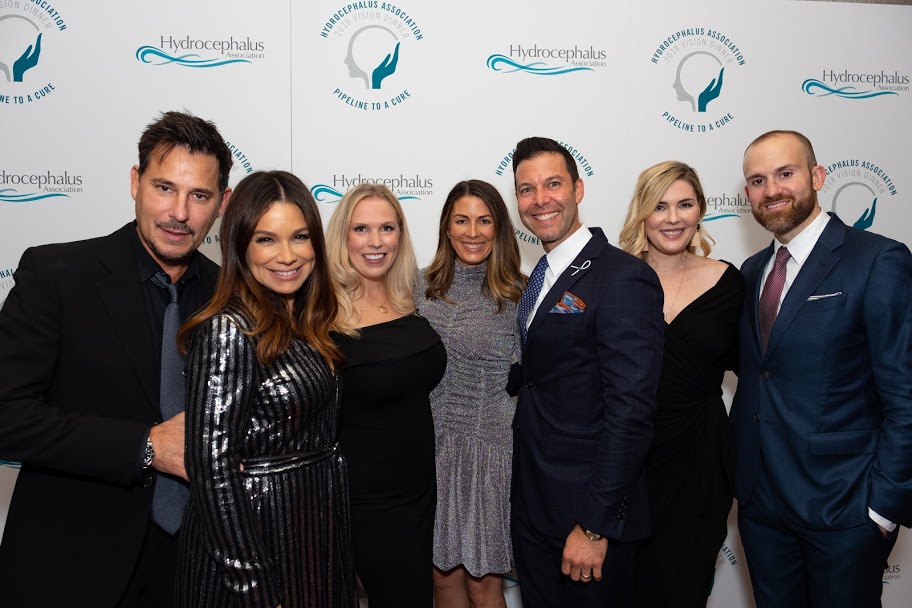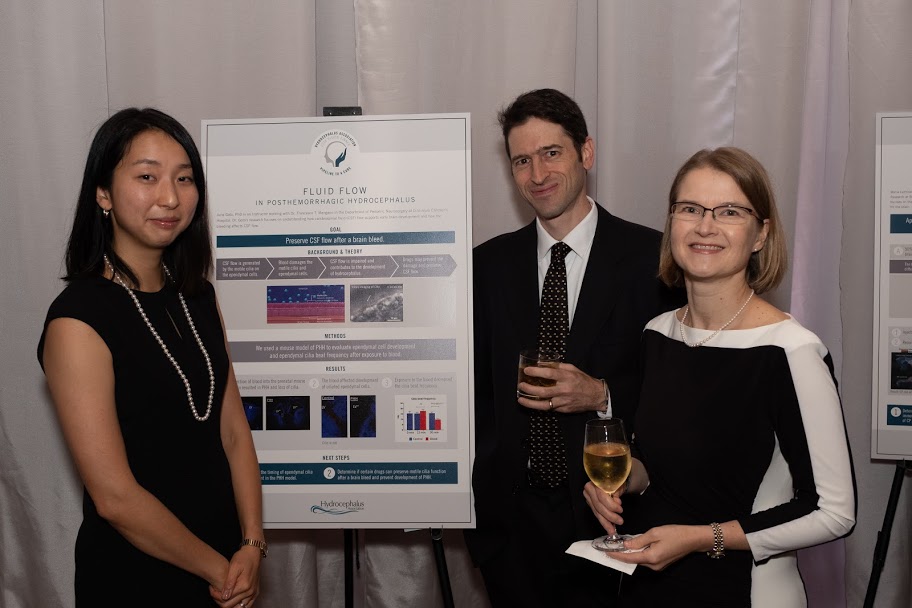
HA Launches Nation’s First Hydrocephalus Patient-Powered Registry
In 2018 we launched HAPPIER – the first hydrocephalus patient-powered registry. HAPPIER was created for our community to provide input to scientists about how hydrocephalus impacts their daily life. The information collected will help paint a clearer picture of the condition and its effects on patients and caregivers. This rich source of data will also inform critical research, potentially leading to discoveries in the underlying causes of the condition, intervention strategies for preventing the condition, improvements in diagnosis, and/or alternative treatments.

8 Scientists Awarded Grants for Hydrocephalus Research
At the heart of our Research Initiative is our grant making program. In 2018, eight scientists were awarded research grants totaling $1.65 million. These scientists are testing innovative new theories, drugs and interventions to prevent and stop the development of posthemorrhagic hydrocephalus (PHH), a common type of hydrocephalus among children that develops after a brain bleed; and postinfectious hydrocephalus (PIH), which develops as a result of an infection.
Diana Gray, President and CEO
Hydrocephalus Association
“Since 2009, we've funded the best and brightest. These scientists have the potential to transform the field of hydrocephalus. Our scientists and clinical networks have gone on to secure larger grants totaling more than $32MM! We are so thrilled to see our research program experience this resounding success and an impressive return on our investment.”








